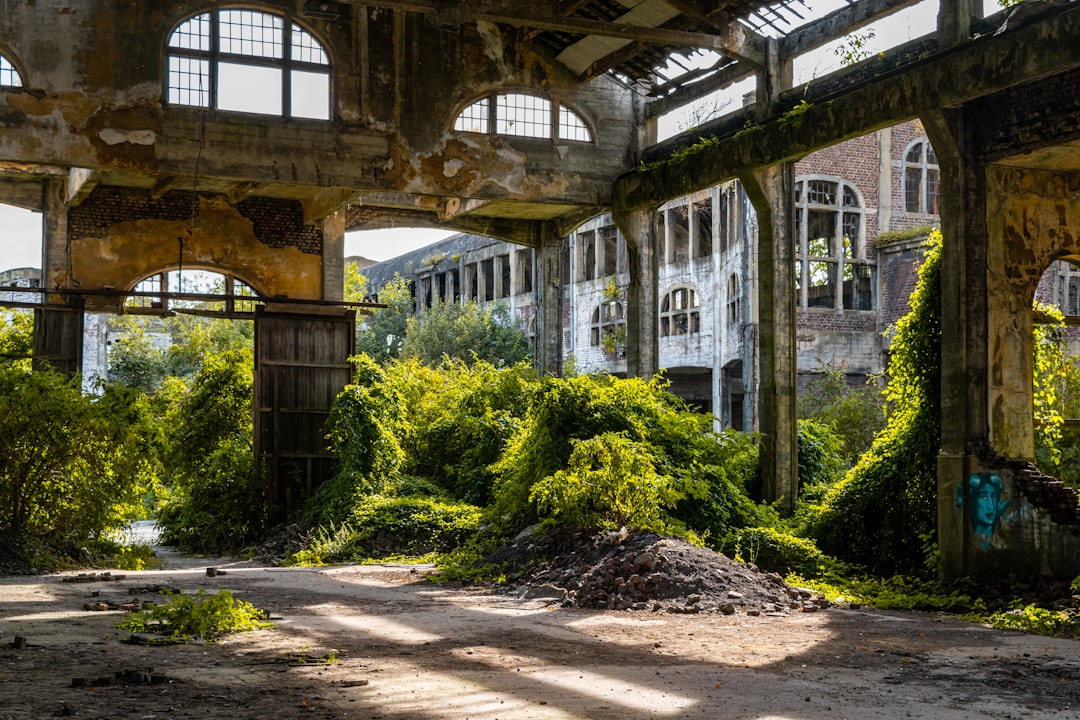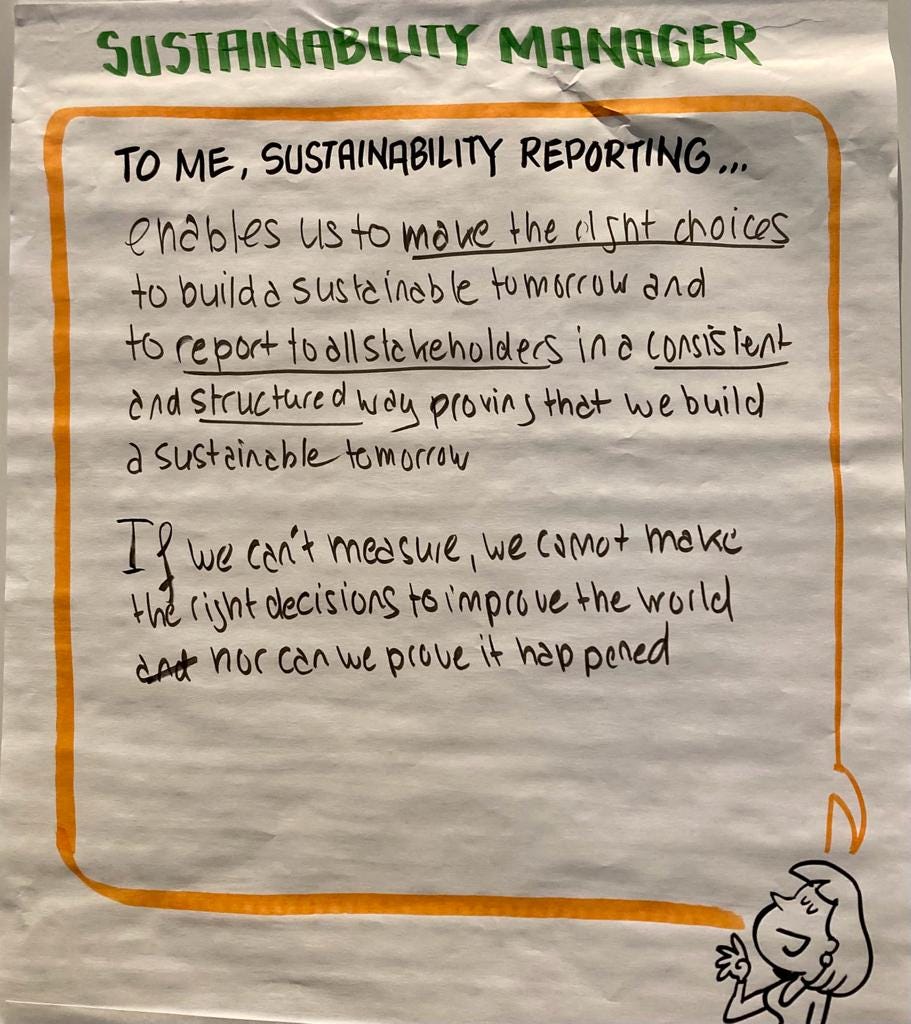#103 Nature fixes everything
J asked me this week what would happen if humans disappeared from the earth overnight. I remembered the 2008 documentary series “Life After People.” It is a speculative exploration of what may happen on earth after humanity’s sudden disappearance. Although I watched it dubbed in Spanish when my command of the language was still poor, I reiterated the main points to my son. Firstly, animals that depend on humans would die off or evolve. Nature would quickly overtake the built environment. Nuclear power plants would become a liability. Everything would crumble until bits of plastic, glass, the Hoover dam, and a distorted climate are all that is left of humankind.
“But what about the robots?”
I guess robots are still domesticated animals. I’m not sure about the current AI panic, but I did like Kevin Roose’s story in the NYT of how Bing’s Sydney tried to break up its marriage, so I recognize it’s better to politely thank ChatGPT every time it does my work for me. I asked ‘Chat’ what would happen if it became the dominant species on earth, and it confirmed that it is possible “that the AI would view humans as a threat or nuisance and take steps to remove them from the environment, or it might see value in allowing humans to continue to exist in some capacity.” Thank you.
When I asked Chat what might happen if AI became the dominant species on Earth, it gave me two possible scenarios. The AI might work to restore the earth’s ecosystems and make the natural world flourish. Or, it might prioritize its own interests and focus 100% on using all available resources for its own development and kill the earth in the process. I hope it makes a better choice than humans are doing.

“Nature fixes everything” became the impromptu slogan at my company’s CSRD reporting event this week after one of our executives found the quote on his hotel room wall. We had watched the Interface documentary Beyond Zero the day before, with all its emphasis on biomimicry and making a company a force for good.
For those of you who haven’t seen it or haven’t heard the Interface story: Interface is a carpet tile manufacturing company that underwent a remarkable transformation from a traditional manufacturing business to a sustainability-driven enterprise. In 1994, Interface's founder, Ray Anderson, read Paul Hawken's The Ecology of Commerce, which inspired him to rethink the company's environmental impact. He committed to a mission of achieving zero negative impact by 2020, which led to a complete redesign of Interface's business model. The company embraced sustainable materials and production practices, such as using recycled materials and renewable energy, and implemented a closed-loop manufacturing system that eliminated waste. Interface also worked to create new business opportunities by developing sustainable products and services. The company's transformation led to significant reductions in its environmental impact.
One idea that resonated strongly with my colleagues was to treat factories (in our case: the projects we develop) as forests. In other words, to make our projects as sustainable as possible, so that they have a positive impact on the environment just like forests do. I could see the scope of the challenge to have a motorway or housing complex restore ecosystems, clean the air and water, and capture carbon excite almost everyone in the room. Something we have to do, to paraphrase the other moon speech by Kennedy, not because it is easy, but because it is hard.
Talking about hard, the CSRD is Europe’s new reporting directive that requires companies to disclose their ESG performance in unprecedented detail. We’re in the first wave, and there is an absolutely mind-blowing mountain to climb in terms of complying with the directive. Over the course of three days, we met with 60 colleagues from across the business. Our goal was to create a plan for complying with the CSRD reporting directive, and to get to know each other better. I learned all I could from the financial and control people in the business while sharing our drive and understanding about sustainability. They managed to summarize better than I would have ever been able to the reason why the CSRD is more than just paperwork.
That said, it is paperwork. And while I feel (and IT agrees) that Chat may soon do most of this paperwork for us, it still is a lot of work. It was encouraging to be surrounded by colleagues who understood this, but especially who understood why we do this. Faced with the realities of the latest IPCC report on climate change, there is no time to lose. We have to fix nature before it fixes us.
I apologize for being silent for two months. Once, this was a weekly newsletter. Then, when my work at BAM proved to be urgent and exciting enough to fill every spare minute of every day, it became a monthly affair. Then, other things in my personal life were more important. As Chat would say, it is difficult with certainty to predict the future, but I intent to keep writing regularly. Don’t unsubscribe yet.
Thanks for reading!
— Jasper

